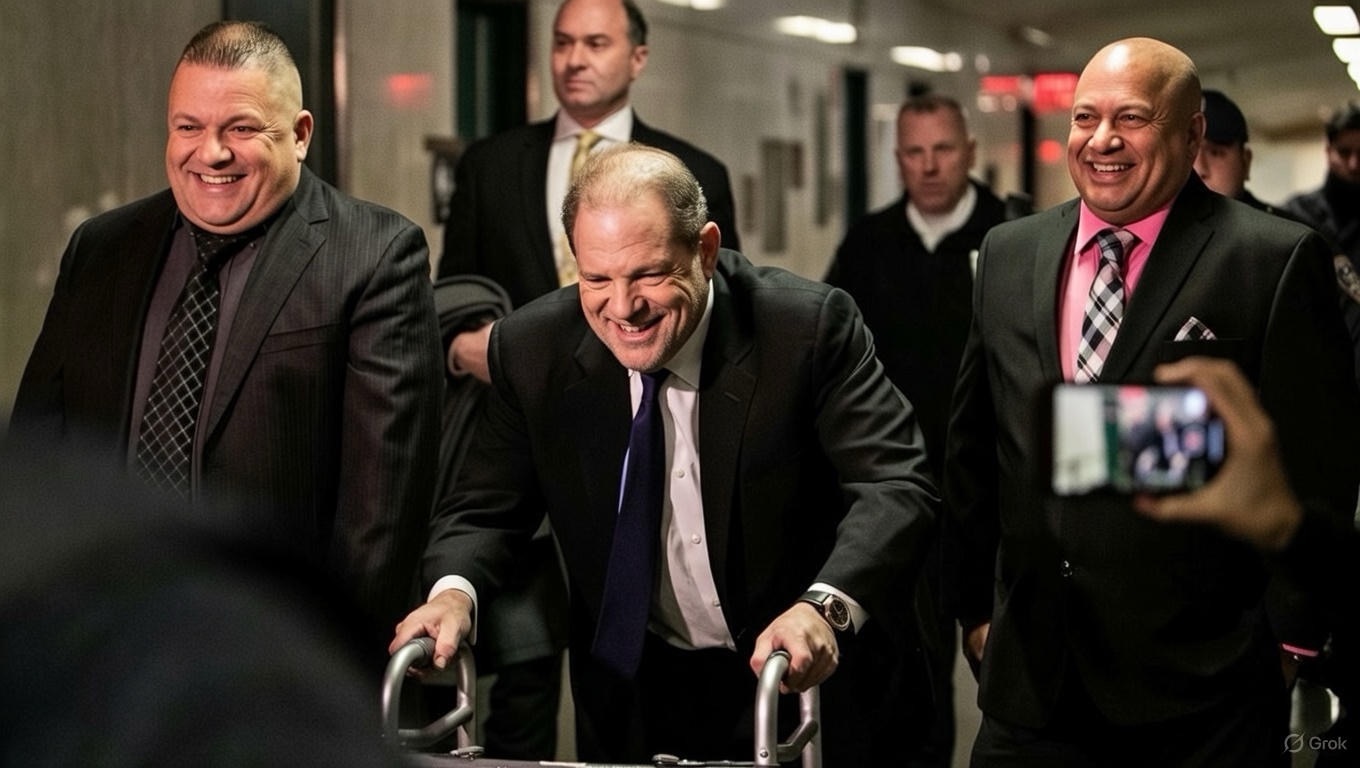WASHINGTON (AP) — A number of Democratic lawmakers are questioning the legality of a U.S. Border Patrol predictive intelligence program that singles out and detains drivers for suspicious travel inside the country.
Sen. Ed Markey of Massachusetts sent a letter Monday to Border Patrol’s parent agency describing the license plate reader program as an “invasive surveillance network” that “poses a serious threat to individuals’ privacy and civil liberties.” He raised concerns that the program may conflict with constitutional protections.
“Such pervasive surveillance — akin to practices by authoritarian regimes — not only suppresses lawful expression and assembly but raises serious constitutional issues,” Markey asserted in his correspondence, urging the agency to clarify its use of the plate readers.
An Associated Press investigation published recently revealed that the U.S. Border Patrol is monitoring millions of American drivers nationwide. The program identifies people whose travel patterns it deems suspicious by utilizing an algorithm that analyzes license plate data collected through various means, sometimes hidden in regular traffic equipment.
The initiative has prompted lawmakers like Rep. Dan Goldman from New York to voice concerns on social media, questioning how secret surveillance aligns with constitutional standards. He emphasized that driving should not constitute probable cause for government intervention.
Mark Warner, a Virginia senator, echoed these apprehensions, articulating that citizens should not feel targeted while traveling, especially during holiday seasons.
Critics argue that the program's use of license plate reader technology raises Fourth Amendment concerns, as courts increasingly recognize that surveillance methods can violate individual rights against unreasonable searches. Markey called for scrutiny and transparency from the Border Patrol regarding its data collection practices.
In response, the Border Patrol indicated that its use of license plate readers is designed to aid in threat identification and criminal network disruption while adhering to federal laws and constitutional protective measures.




















